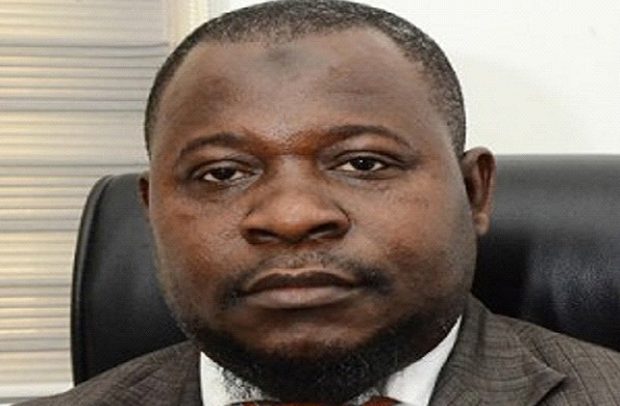Dr. Said Boakye
THE INSTITUTE of Fiscal Studies (IFS) has proposed some additional measures to government to support revenue mobilization.
According to the institute, in its post 2020 budget analysis, this has become urgent since government’s revenue mobilization strategies, which include digitization to improve taxpayer identification and revenue administration reforms to enhance efficiency, seem inadequate to achieve any significant increase in domestic revenues, in both the short and medium term.
At a meeting with the press recently in Accra, Dr. Said Boakye, a senior fellow at the IFS, who led the post budget analysis, recommended the passage of the Tax Exemptions Bill to address the excesses of the country’s overgenerous exemptions regime; an improvement of tax compliance by using taxpayer information (personal identification number); integration of data and analytical reporting, and a review of the natural resources fiscal regime to broaden the revenue base.
It also recommended undertaking a comprehensive review of the tax system to identify the strong and weak segments of the system in terms of the design, bases, rates, revenue potential relative to actual receipts, and to pursue corrective measures to strengthen tax mobilization.
“The strong negative impact of the reduction in benchmark import values on international trade taxes and the recently aborted luxury vehicle levy expose weaknesses in revenue policy impact analysis by the government. We recommend that revenue policy decisions be informed by rigorous cost-benefit analyses to ensure better policymaking and achieve positive results,” he noted.
He added that election year fiscal overruns had become a characteristic feature of Ghana’s public financial management culture, and “it will be a feather in the cap of the government if it avoids a fiscal overrun in 2020.”
“To accomplish this, we recommend, in addition to the revenue measures, cutbacks to consumption-based expenditures. This should include minimizing the size and avoiding the introduction of new initiatives while directing the savings into additional public investment and reductions in borrowing,” he said.
“The government should plug leakages, excesses and waste in all state-owned enterprises (SOEs), which historically have been a major source of fiscal risks, including election years. The GNPC, as an example, has come under public scrutiny in recent times for excesses in its spending on corporate social responsibility. Efforts at enhancing the efficiency of SOE spending will complement the wider effort to strengthen public financial management,” he added.
He said the fundamental problem of fiscal rigidity, which was resulting in the loss of fiscal maneuverability, sharp debt build-ups, large and rising debt service expenditure, and sharp reductions in public investment spending, had not seen significant policy redress other than the capping of earmarked transfers since 2017.
“The government has to take further bold steps to check the growth of compensation expenditure and debt service cost to generate fiscal space to fund productive public investment that will brighten the future prospects of the economy,” he stressed.
BY Samuel Boadi


